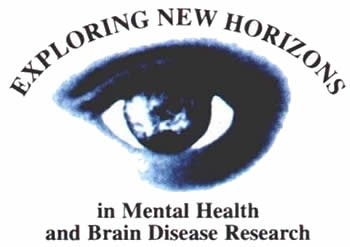Determining if diet quality predicts outcome in standard treatment in OCD and BDD and a personalized nutritional program in the treatment of OCD and BDD
Professor David Veale
There are two main projects.
Study 1: The aim is to determine if a poor nutritional diet (e.g., lower vegetable and oily fish intake, low intake of nuts and higher intake of high-fat foods) or other lifestyle factors such as poor sleep or reduced physical activity predicts outcome in standard treatment for OCD.
Study 2: The aim is to evaluate whether a personalised nutritional program, “Zoe” improves symptoms of obsessive-compulsive disorder (OCD) or body dysmorphic disorder (BDD) and depression. The translational implications for this latter study are that by using the Zoe app and altering diet and the gut microbiota can improve the mental disorder. This will be done by reducing processed foods and take-aways and eating a diet rich in “probiotics” (e.g. fermented foods such as sauerkraut; natural live yoghurts, kefir) and “prebiotics” (high fibrous vegetables and legumes) that acts as “food” for the probiotics, so the bacteria capable of delivering neuroactive substances such as GABA and serotonin, through the gut-brain axis will be promoted.
We will investigate this by a solitary case experimental design (SCED) in 12 participants in each disorder with a multiple baseline (A) randomised to start the B phase. The dietary intervention will last for 12 weeks. One can make greater inferences from a SCED than a case series. It is a helpful step in determining feasibility and estimating effect size before commencing a randomised controlled trial (RCT). Feedback from people with OCD or BDD is that this would be of great interest to them.
